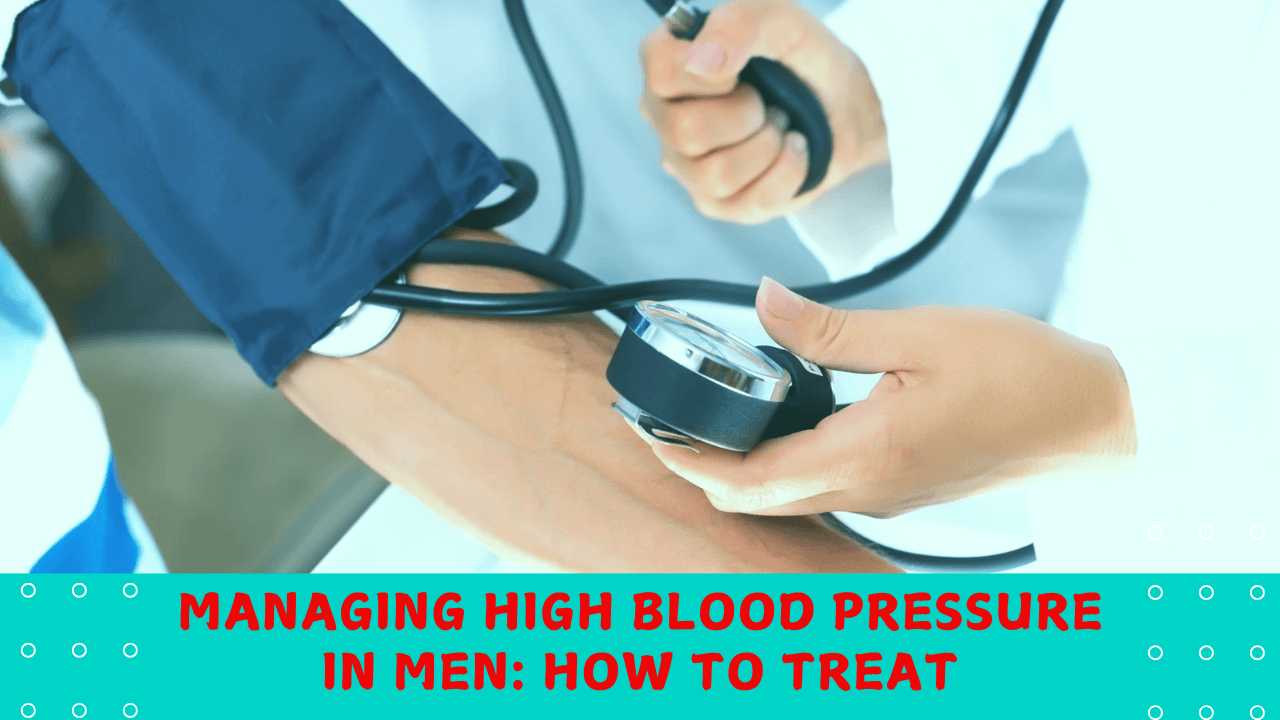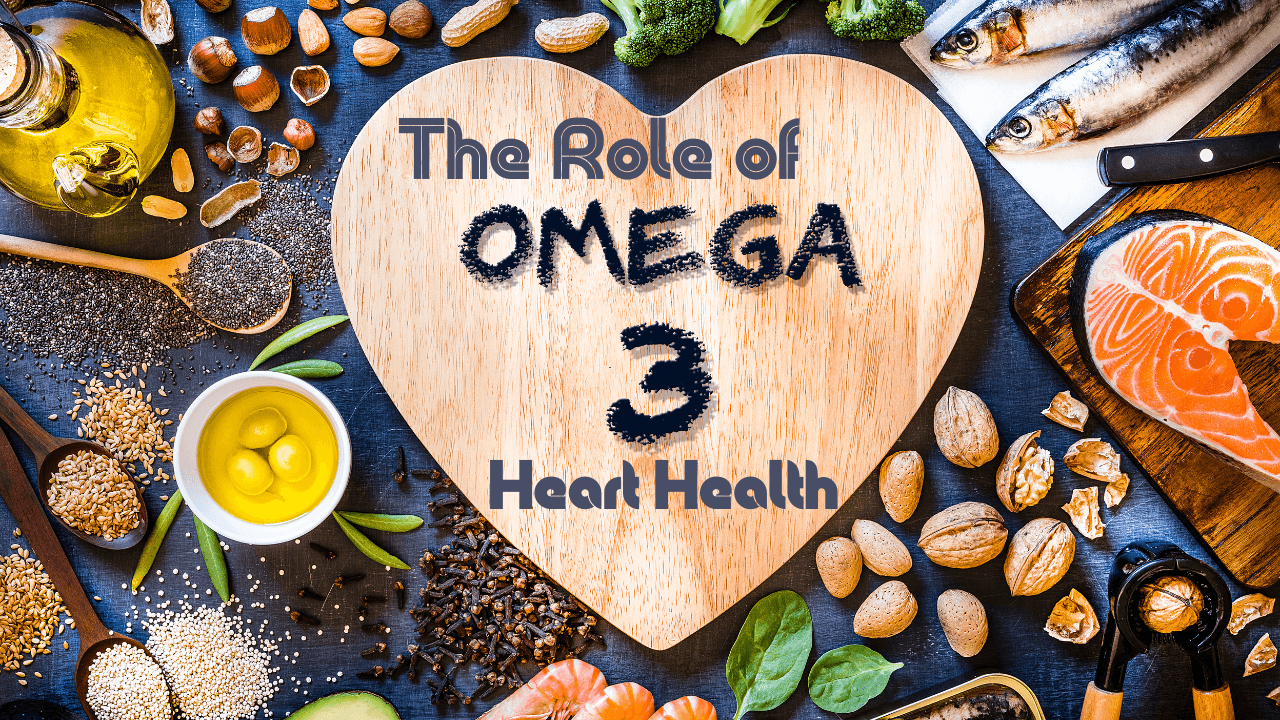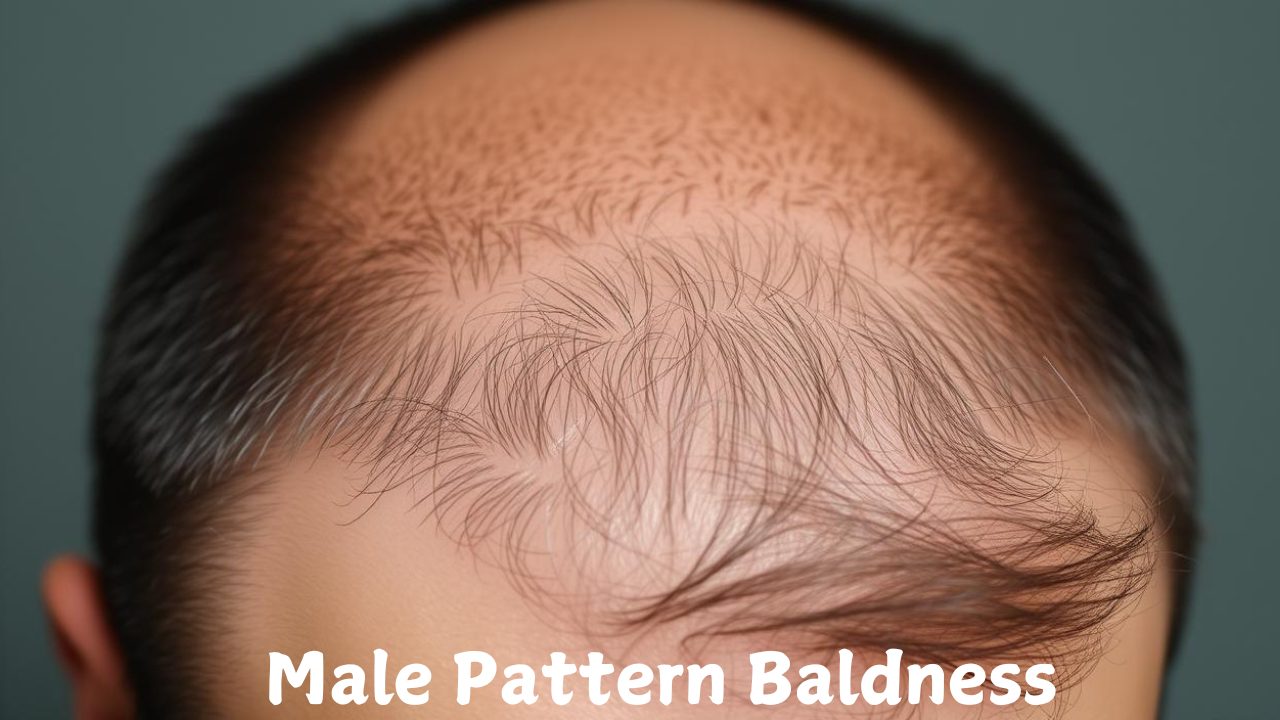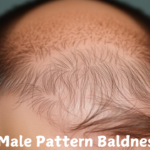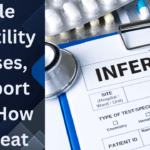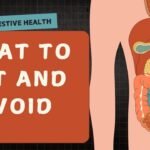- 1 Introduction:
- 1.1 1. What is High Blood Pressure?
- 1.2 2. Causes and Risk Factors:
- 1.3 3. Symptoms of High Blood Pressure:
- 1.4 4. Diagnosing High Blood Pressure:
- 1.5 5. Treatment Options for High Blood Pressure:
- 1.6 6. Monitoring and Maintaining Healthy Blood Pressure:
- 1.7 7. Lifestyle Tips for Managing High Blood Pressure:
- 1.8 8. When to Seek Medical Help:
- 1.9 Conclusion:
Introduction:
Do you feel you may be one of the millions of men with high blood pressure? Join the 32% of adult men in the United States whom have been diagnosed with hypertension. The good news is that if you know what high blood pressure is, then you can start managing it properly.
What is high blood pressure? Why is it different for men? How do you know if you have it, and, most importantly, how can you effectively manage it? From looks at managing your diet and exercise to guidelines on when to begin or switch medications, we’ll give you practical ways to conquer hypertension. Before you are through this post, you should be in a position to make some healthy decision that may help you remove or perhaps lower your Blood pressure.
1. What is High Blood Pressure?

1.1 Definition and Explanation:
Hypertension, often referred to as high blood pressure, is a disease that occurs when the blood pushes too hard against the walls of your arteries. It’s defined by two numbers:
- Systolic Pressure: The top number represents the force in your arteries each time your heart pumps blood.
- Diastolic Pressure: The bottom number gives how much pressure is in your arteries when your heart is beating in between.
A normal reading is usually defined as below 120/80 mm Hg. Hypertension is usually defined as:
- Stage 1 Hypertension: Systolic = 130-139 or Diastolic = 80-89
- Stage 2 Hypertension: A systolic blood pressure equal to or greater than 140 or diastolic blood pressure equal to or greater than 90.
1.2 Prevalence in Men:
Hypertension exhibits a marked tendency to involve males more so than females, less than average of 55 years of age. Specifically, concerning hypertension, the CDC estimated that 44 % of men of the 35-64 years age bracket suffered from it. Lifestyle as well as genetic factors can also explain the difference.
2. Causes and Risk Factors:

2.1 Common Causes of High Blood Pressure:
Education on the causes of the conditions is important since it enables the people avoid getting them or seek early treatment. Here are the primary contributors:
- Unhealthy Diet: Sodium intake above 1500mg/day which is morethan the WHO recommended intake of 920mg/day, taking morethan10standard units of alcohol per week and taking less potassium than recommended by the WHO.
- Physical Inactivity: Basically sedentary lifestyle leads to obesity and elevated blood pressure.
- Obesity: Weight is poundage that is placed on the assets and as such the extra weight is a pressure that is exerted onto the heart.
- Smoking: CAUSES DAMAGE TO BLOOD VESSELS AND ALSØ INCREASES HEART RATE.
- Stress: Stress in the long run fosters for development of poor lifestyles and high blood pressure.
2.2 Risk factors for Men Only:
Men face specific risks, including:
- Hormonal Changes: Literatures suggest that testosterone level influences blood pressure.
- Age: It scales up with age; the risks are even higher for men above 45 years.
- Family History: One’s genetics can play a big role when it comes to his/her blood pressure.
- Workplace Stress: Stress at the workplace can lead to hypertension.
3. Symptoms of High Blood Pressure:
3.1 Recognizing the Signs:
Since hypertension rarely manifests symptoms, it is commonly called the “silent killer.” However, some men may experience:
- Headaches: This may be evidenced by symptoms such as; unrelenting head aches and other minor related symptoms such as a migraine.
- Shortness of Breath: Shortness of breath especially on exertion.
- Nosebleeds: Nosebleeds without the factors of cold or other illnesses that might bring this about.
- Flushing: Redness in the face or neck.
The use of a checkup schedule is paramount since most men are often ignorant of high blood pressure status until it escalates to some other stage.
4. Diagnosing High Blood Pressure:
4.1 How is Hypertension Diagnosed?
Diagnosis usually involves:
- Blood Pressure Readings: This is especially taken a number of times to ensure that the results are high as may be required by the doctor.
- Medical History Review: Surveying demographic background and behaviour patterns.
- Lab Tests: Screening for diseases like diabetes, kidney disease, by simple blood tests.
The best advice is to have your blood pressure monitored at least annually, or more often in the event that you have particular contributors.
5. Treatment Options for High Blood Pressure:
5.1 Lifestyle Changes:
Lifestyle changes are usually the first intervention strategy that is undertaken. Here are effective changes you can implement:
Dietary Modifications:
- Adhere to the DASH Diet which stands for; Dietary approaches to stop hypertension with more fruits, vegetables and whole grain foods.
Lower their dietary sodium consumption to approve 2300mg a day.
Use limits on saturated fats and cholesterol. - Physical Activity: Ideally, at least 150 minutes of moderate aerobic activity per week, these can include cycling or brisk walk.
5.2 Medication:
If lifestyle changes are insufficient, then he or she may need to take medication. Common types include:
- ACE Inhibitors: Probably help decrease the activity of blood vessels (e.g lisinopril).
- Beta-Blockers: Decrease hea tload (example metoprolol).
- Calcium Channel Blockers: Can cause blood vessels to relax (for example, by means of substances added to some drugs such as amlodipine).
5.3. Complementary and Alternative Medicine:
In addition to traditional treatment options, consider these complementary approaches:
- Stress Management: Try leaning back and deeply breathing in and out, might try practicing meditation, or doing some yoga.
- Alternative Treatments: A number of trials indicate that nutraceuticals like garlic and omega-3 fatty acid supplements might be helpful. In any case, it is always tactful to discuss with your doctor before beginning supplements in question.
6. Monitoring and Maintaining Healthy Blood Pressure:
6.1 Self-Monitoring Techniques:
Take charge of your health by increasing your self-monitoring. Here’s how:
- Home Blood Pressure Monitors: It befits to invest in a good quality device to have regular reading taken on to help check any abnormalities.
- Keeping a Blood Pressure Diary: The food record, activity record and the height and weight measurement are the ways by which log can be taken to achieve this.
6.2 Regular Check-Ups with Healthcare Providers
Schedule follow-up appointments to:
- Check your blood pressure levels.
- Change dosage if required.
- Describe any lifestyle difficulties.
7. Lifestyle Tips for Managing High Blood Pressure:

7.1 Nutrition and Diet:
To maintain healthy blood pressure levels:
- Foods to Include:
Leafy vegetables (spinach, kale)
Fruits and vegetables (blueberries, strawberries) - Beets and carrots
Sources that should be limited: Trans fats are found in fried products, margarines, and processed snack foods as well as in foods containing fatty fish (salmon, mackerel). - Foods to Avoid:
Food items which can be in containers or packages, pre-packed, canned food with high sodium content - Sugary beverages
- Red and processed meats
7.2 Physical Activity
Regular exercise is also very important in the process. Here are some tips:
- Types of Exercise:
walking, jogging as well as cycling, and all exercises that are associated with the increased levels of oxygen consumption by the muscles of the body.
Aerobics (dance, bicycling)
Yoga /Stretching – Flexibility Trx – Suspension Training Ab Crunches - Setting Goals: If possible, workers should begin with low impact exercise and build up their intensity and frequency.
7.3 Stress Management:
Reduction of stress can actually make some difference to the blood pressure levels of a person. Consider:
- Mindfulness Practices: Examples include practices like use of meditation, or deep breathing.
- Hobbies: While controlling stress it is good to entertain your self and do things that you like.
- Social Support: Take your loved ones out to improve your emotional status and feel free as you are among your close ones.
8. When to Seek Medical Help:
If you experience any of the following symptoms, seek immediate medical attention:
- Severe Headaches: Sudden and intense.
- Chest Pain: Pain that could be a sign of heart problem.
- Vision Problems: Blurred or impaired vision.
- Difficulty Breathing: Any moderate dyspnoea.
Conclusion:
It is crucial to control hypertension in men because high blood pressure is dangerous for the patient’s health. It therefore tells you that through healthy living, the right medication and close follow up, you can control hypertension. But remember, you have the power and ability to do something about this – go ahead and apply the measures explained herein on this article today. In this way, you not only bring good effects to the pressure of your blood, but also the quality of your life.
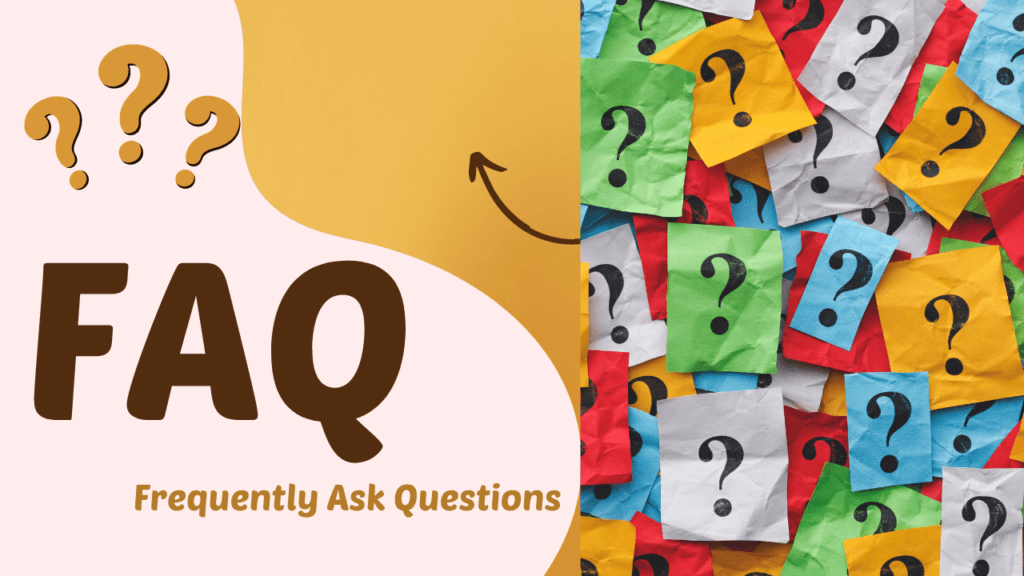
1. What is considered high blood pressure?
There is general agreement that hypertension or high blood pressure is any blood pressure reading of 130/80 mm Hg and above. One should check the readings frequently since high blood pressure can progress without any symptoms.
2. What causes high blood pressure in men?
High blood pressure can be caused by a combination of factors, including:
Poor diet: high sodium, low potassium
Sedentary lifestyle
Obesity
Smoking and taking excessive alcohol Smoking and taking alcohol in excess
Chronic stress
Genetic predisposition
3. How can I lower my blood pressure without medication?
You can lower your blood pressure through lifestyle changes, such as:
Eating probably healthy diet (such as DASH diet)
Modifying nutrition (advice to adopt the five portion plate)
Reducing sodium intake
Alcoohl Intake Reducing
Stress management by use of mindfulness or relaxation measures
4. What medications are commonly prescribed for high blood pressure?
Common medications for managing high blood pressure include:
ACE inhibitors (EXAMPLE lisinopril)
It is given with beta-blockers like metoprolol and is prescribed in heart failure patients with reduced ejection fraction before initiating glycometaphone treatment.
– Calcium channel blockers such as amlodipine
Diuretics (for example hydrochlorothiazide)
The choice will be made depending on your health status to be prescribed by Your doctor.
5. How often should I check my blood pressure?
If you do suffer from high blood pressure, use home monitoring and see your primary healthcare provider at least once each year. If you are dealing with high blood pressure, then you might require more visits to the doctor’s chamber.
6. Can high blood pressure lead to other health issues?
Yes, high blood pressure can lead to serious health problems, including:
– Heart disease
– Stroke
– Kidney damage
– Vision loss
– Aneurysms
7. Are there any natural remedies for high blood pressure?
Some natural remedies that may help manage blood pressure include:
Consuming more potassium; regular foods (Bananas, Sweet potatoes).
– Eating raw garlic or taking fish oil supplements (with a doctor’s permission)
– Using yoga or meditation in stress management
8. When should I seek medical help for high blood pressure?
Severe headaches
Chest pain
Shortness of breath
Changes in vision
9. Is high blood pressure reversible?
A lot of patients are able to find ways on how to lose weight, reduce their salt intake and therefore normalize their blood pressure. But need to be sustained in the long run for better management of the change.
10. Can I manage high blood pressure on my own?
Lifestyle changes can modify your blood pressure to a large extent but consulting a healthcare provider is always the right approach. Self-management should be used alongside the doctor’s directions, especially if you suffering from severe hypertension.
